In today’s rapidly evolving world, finding sustainable and efficient solutions for water treatment has become a critical concern. Nano filtration products have emerged as a powerful tool in this domain, offering advanced filtration capabilities that can address complex water treatment challenges. This article explores the key features and advantages of nano filtration products and the multitude of industries that can benefit from their implementation. 1. Understanding Nano Filtration: Nano filtration is a water treatment process that falls between reverse osmosis (RO) and ultrafiltration (UF). It operates on membranes with a larger pore size than RO, allowing selective separation of charged and uncharged particles based on molecular weight. This precise filtration process removes contaminants such as bacteria, viruses, and organic molecules, while retaining essential minerals and salts. 2. Enhanced Performance: Nano filtration products outperform traditional filtration methods in several ways. Their advanced membrane technology delivers higher rejection rates for dissolved solids and a broader range of particle sizes.
.
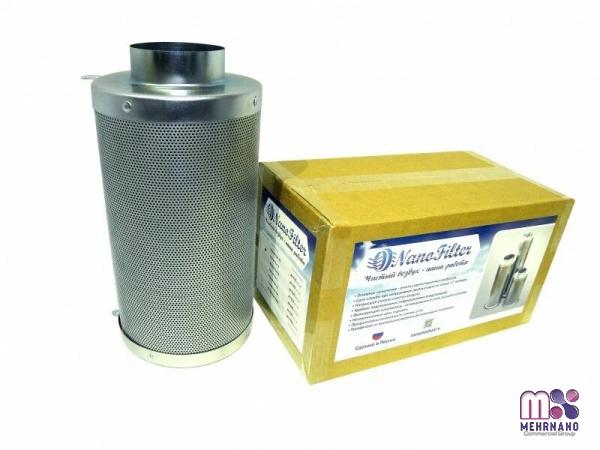 By removing most of the divalent ions and organic matter, nano filtration achieves effective desalination and softening of water, resulting in improved water quality. 3. Water Treatment Applications: Nano filtration products find applications in various industries, including: a) Drinking Water Treatment: By selectively removing harmful compounds, nano filtration ensures the production of safer drinking water with an improved taste and odor. b) Industrial Water Treatment: Nano filtration facilitates efficient separation and recovery of valuable products from industrial wastewater, reducing disposal costs and environmental impact. c) Beverage Industry: Nano filtration selectively eliminates unwanted elements while retaining essential minerals, enhancing the taste, and clarity of beverages. d) Food Processing: Nano filtration aids in the removal of impurities and concentrate valuable compounds, resulting in cost-effective processing and improved product quality.
By removing most of the divalent ions and organic matter, nano filtration achieves effective desalination and softening of water, resulting in improved water quality. 3. Water Treatment Applications: Nano filtration products find applications in various industries, including: a) Drinking Water Treatment: By selectively removing harmful compounds, nano filtration ensures the production of safer drinking water with an improved taste and odor. b) Industrial Water Treatment: Nano filtration facilitates efficient separation and recovery of valuable products from industrial wastewater, reducing disposal costs and environmental impact. c) Beverage Industry: Nano filtration selectively eliminates unwanted elements while retaining essential minerals, enhancing the taste, and clarity of beverages. d) Food Processing: Nano filtration aids in the removal of impurities and concentrate valuable compounds, resulting in cost-effective processing and improved product quality.
..
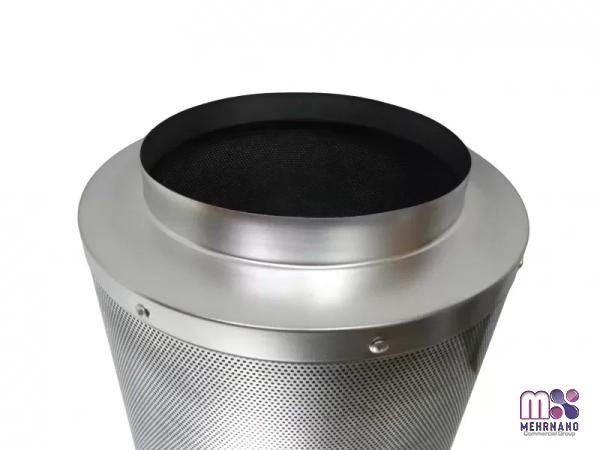 e) Pharmaceuticals: Nano filtration ensures stringent purification of process water and production of high-quality pharmaceutical products, meeting regulatory requirements. f) Textile Industry: Nano filtration enables efficient dye recovery from wastewater, resulting in significant cost savings and reduced environmental pollution. 4. Energy Efficiency and Cost Savings: Nano filtration products offer substantial advantages in terms of energy efficiency and cost savings. Compared to traditional water treatment methods, nano filtration requires lower operating pressures, resulting in reduced energy consumption. Furthermore, the ability to selectively separate contaminants and retain valuable components minimizes the need for additional treatment steps, leading to decreased operational costs. 5. Future Trends: As the demand for sustainable water treatment solutions continues to rise, the future of nano filtration products looks promising.
e) Pharmaceuticals: Nano filtration ensures stringent purification of process water and production of high-quality pharmaceutical products, meeting regulatory requirements. f) Textile Industry: Nano filtration enables efficient dye recovery from wastewater, resulting in significant cost savings and reduced environmental pollution. 4. Energy Efficiency and Cost Savings: Nano filtration products offer substantial advantages in terms of energy efficiency and cost savings. Compared to traditional water treatment methods, nano filtration requires lower operating pressures, resulting in reduced energy consumption. Furthermore, the ability to selectively separate contaminants and retain valuable components minimizes the need for additional treatment steps, leading to decreased operational costs. 5. Future Trends: As the demand for sustainable water treatment solutions continues to rise, the future of nano filtration products looks promising.
…
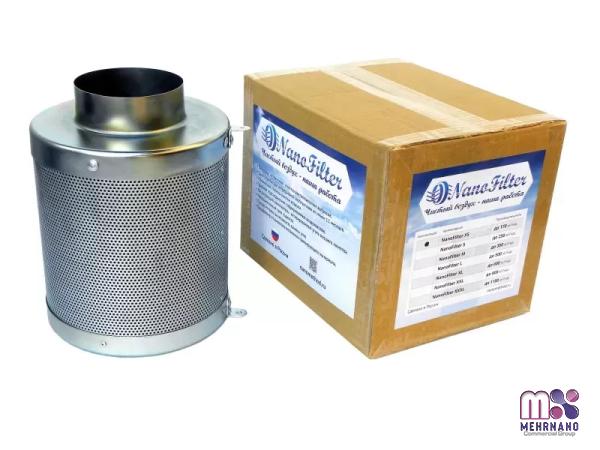 Ongoing research and development efforts aim to enhance membrane performance, increase operating lifetimes, and reduce fouling and scaling issues. Furthermore, advancements in membrane materials, such as ceramic and graphene-based membranes, hold potential for further improving the efficiency and durability of nano filtration products. Conclusion: Nano filtration products provide an innovative and efficient solution for a wide range of water treatment challenges across various industries. Offering enhanced performance, cost savings, and energy efficiency, these products have the potential to revolutionize the water treatment landscape. As technology continues to evolve, the development of newer, more advanced nano filtration products will play a crucial role in ensuring sustainable and accessible water resources for the future.
Ongoing research and development efforts aim to enhance membrane performance, increase operating lifetimes, and reduce fouling and scaling issues. Furthermore, advancements in membrane materials, such as ceramic and graphene-based membranes, hold potential for further improving the efficiency and durability of nano filtration products. Conclusion: Nano filtration products provide an innovative and efficient solution for a wide range of water treatment challenges across various industries. Offering enhanced performance, cost savings, and energy efficiency, these products have the potential to revolutionize the water treatment landscape. As technology continues to evolve, the development of newer, more advanced nano filtration products will play a crucial role in ensuring sustainable and accessible water resources for the future.

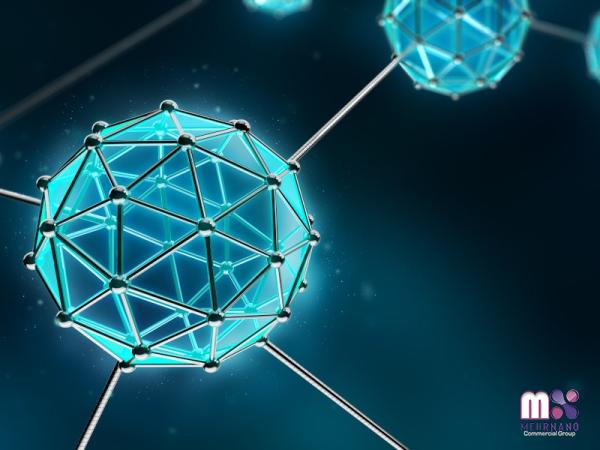
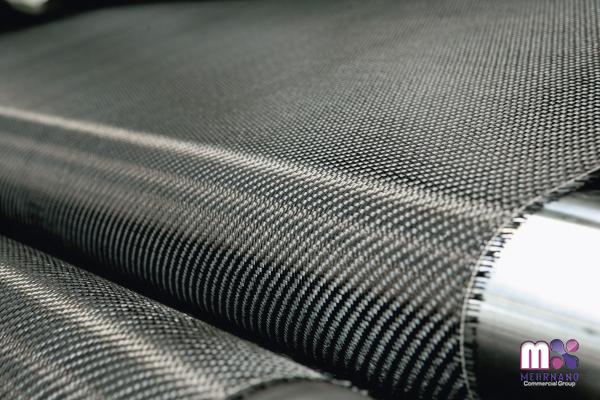
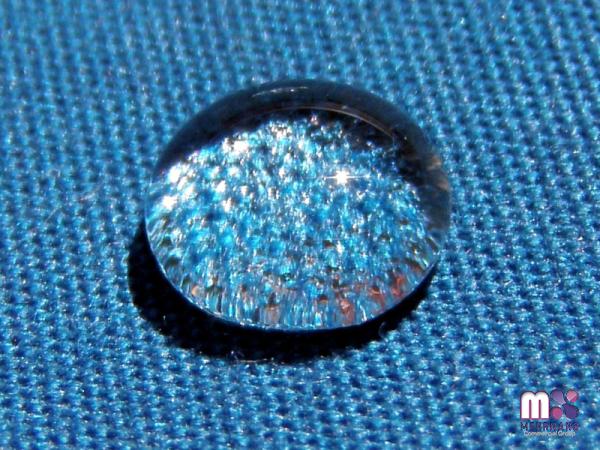




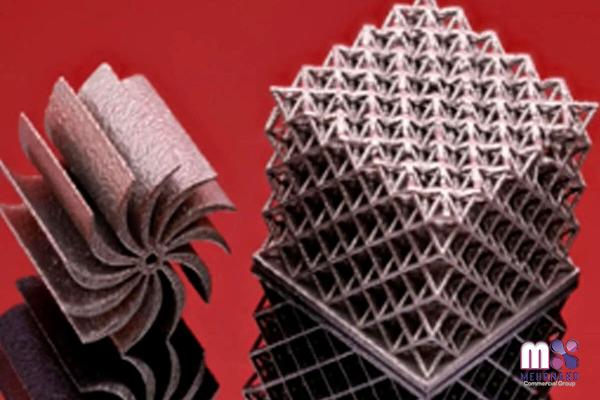
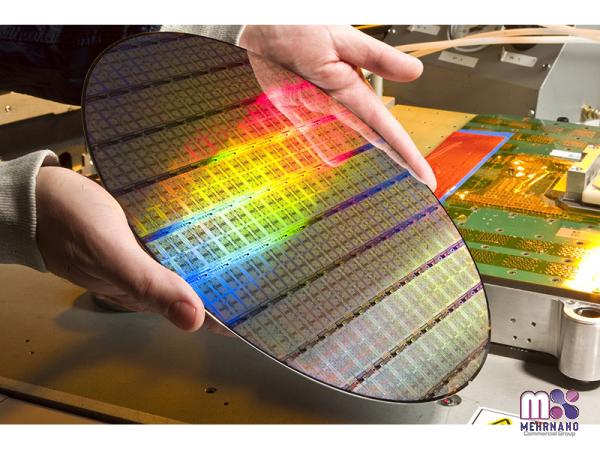

Your comment submitted.